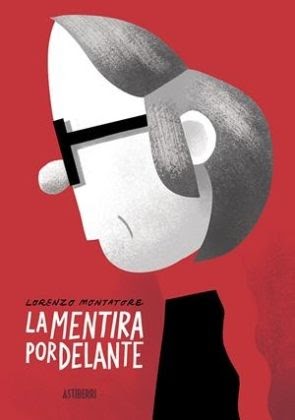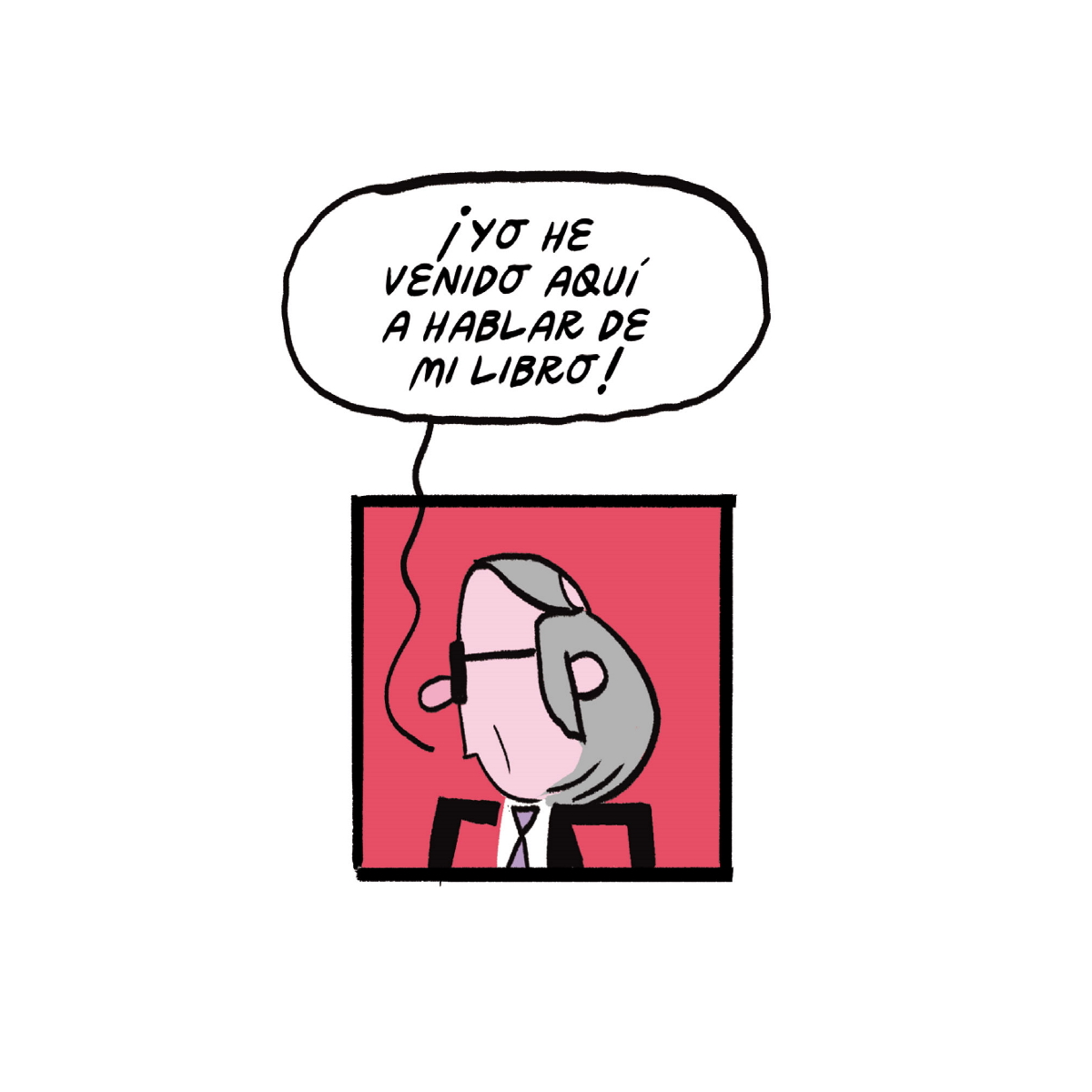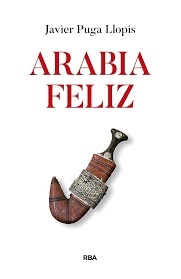
Language: español
Year of publication: 2021
Valuation: It’s okay (especially for fans)
Contrary to what the review of this book might suggest, and above all, I must say that I have never been a big fan of Francisco Umbral. In my youth as an aspiring culture vulture, I read two of his books that did not exactly enthuse me (one of them about Valle-Inclán, which seemed to me to be a complete rip-off, and the other, a novel that took place in a shanty town in Madrid next to a cemetery, at least had the grace (?) of being quite delirious… Yes, I know what you’re going to tell me: that I should read Mortal and pink(But look, I’ve had enough.) His celebrated newspaper columns didn’t attract my attention either, although I must admit his gift for the witty metaphor. And, as a public figure, Umbral was, in my younger years, one of the few writers (along with the illustrious Cela, Antonio Gala, Sánchez-Dragó… although I find it hard to include this gentleman in the guild) who often appeared on TV and were even imitated by comedians, so they were recognizable to a majority of people who had never read their books and never even thought of doing so. In the case of Francisco Umbral, he became even more famous for having unleashed a fiery diatribe on Mercedes Milá (given what we’ve seen, he did well), which became a recurring occurrence in Spain for years and even decades.
Now, just because I didn’t like this writer doesn’t mean that there aren’t, even today, people fascinated by his prose. rattle florida, his wilful dandy figure (?) and his even more determined purpose of becoming a renowned literary personality (this is the case, I believe, of Alberto Olmos, although I don’t know if he has already given up on doing the same). This same wonder for the Umbral influence is what must have driven the author of this comic, he will know why, to make it, which turns out to be a sort of caricatured panegyric for the greater glory of Umbral and his contemporaries.
I say “cartoonish” not because this book – a comic, according to its own author – is a satire or parody of anything or anyone, but because of Lorenzo Montatore’s drawing style, with evident influence from both the “Bruguera school” and the mythical magazine. The QuailThat he had great talent for caricature is attested by his portraits of the already mentioned Umbral and Milá, but also of Lola Flores, Massiel, Carrillo, the already mentioned Cela and Sánchez-Dragó, Delibes, Pérez-Reverte, Los Ramones, Ramoncín, the King Emérito, García Berlanga, Jesús Hermida, Pitita Ridruejo,… in short, a whole heterogeneous collection of characters who have in common, apart from being mostly writers (juntaletras, in some cases), they were an important part of that society that appeared in the media (that is, on TV) in those stormy and all-too-remembered years of the 80s and 90s, when the protagonist of this biography was also a media star, at least in Spain. Other writers from another time also appear, whom Umbral had or intended to have as references (in some cases, to criticize him): Valle-Inclán, Pío Baroja, Gómez de la Serna, Larra…
The core of the book, however, and perhaps the most remarkable part of the portrait of the subject, may be, rather, the many sentences of this writer collected here, a whole series of lapidary phrases, like aphorisms in which Umbral, a writer especially gifted for short dribbles (certainly, more than for strategic play), showed his most brilliant version. Most of these sentences deal, of course, with literature, although not all:

-“I am a seller of parish metaphors.”
– “I prefer theft to influence. Theft and murder.”
-“Literature is built on a crime or it is not true.”
-“Old age is attending one’s own past.”
-“I have not lived, I have never come to touch reality because I have lived everything literarily.”
-“My books will live on when I die.”
-“A poet is someone who only writes when something has occurred to him. A prose writer is someone who comes up with things by writing.”
-“I was born a lyrical poet and I put everything into prose to live.”
-“It takes a lot of humanity to look the way a dog looks.”
-“The child takes us to the realms of the small. He goes to our own sleeping childhood.”
-“Childhood is a crowd, a congestion, a narrowness. Every five or six months the child is different. The child is successive.”
– “Dandyism has to go inside.”
-“I am a quinqui dressed by Pierre Cardin.”
However, the phrase that will go down in history, the one that is remembered by all those who lived through that moment and also by many who did not live through it, was not written by him, but rather pronounced like a thundering Zeus on a television set. A legendary phrase, for less than what some have been awarded the Nobel Prize (and I am not saying that Umbral deserved it, mind you, not even remotely, but some of his contemporaries did not either):

Amen.
Source: https://unlibroaldia.blogspot.com/2024/07/lorenzo-montatore-la-mentira-por-delante.html


